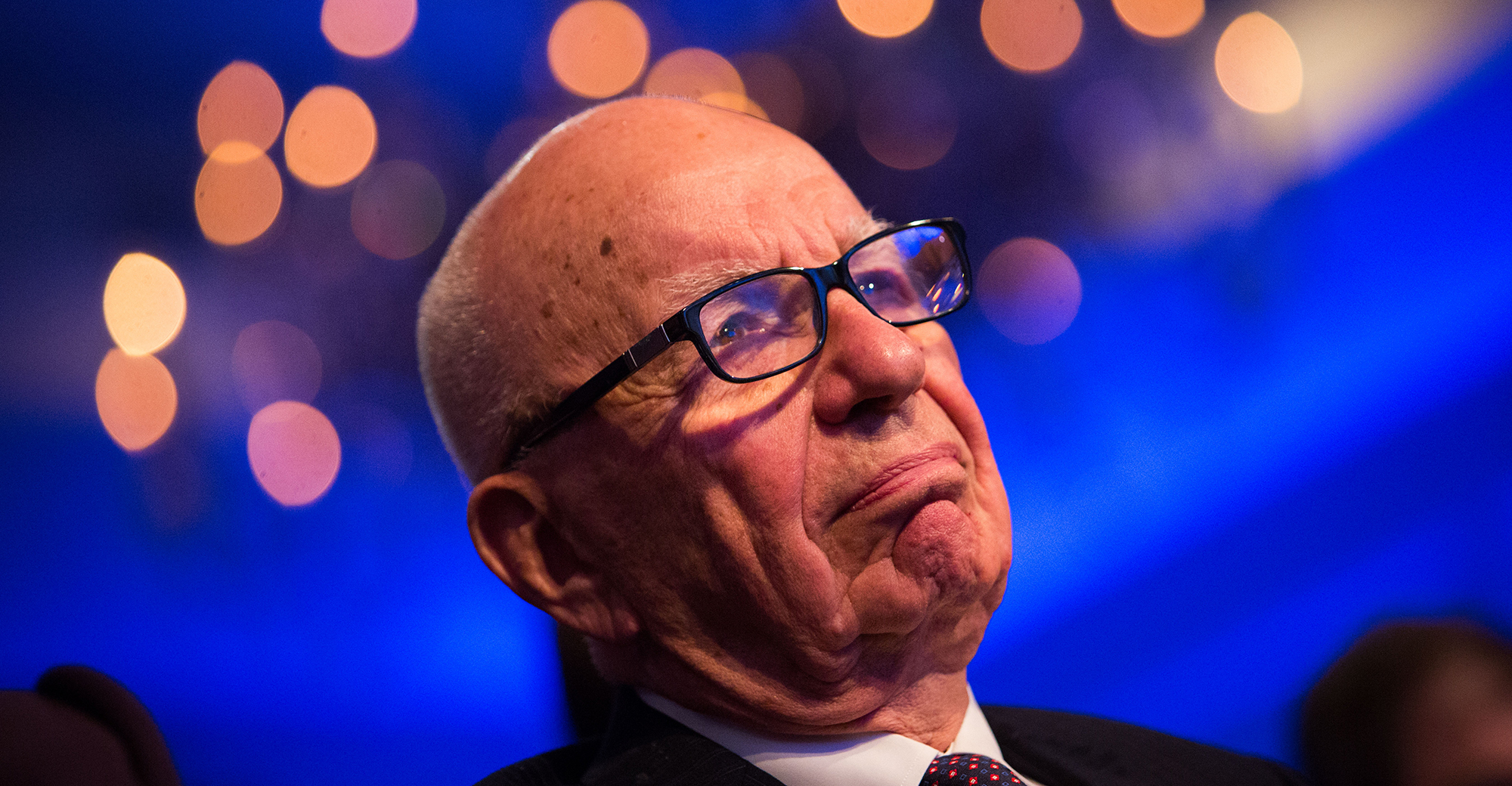Rupert Murdoch’s Attempt to Amend Family Trust Proves Unsuccessful


A Nevada probate commissioner has rejected Rupert Murdoch’s attempt to amend the terms of his irrevocable family trust. Murdoch filed a petition late last year to modify the terms of the trust and grant exclusive control to his eldest son, Lachlan. This move would essentially ensure that his media empire maintains its conservative editorial slant.
In his decision, commissioner Edmund J. Gorman Jr. concluded that Murdoch and his son had acted in “bad faith” in their effort to amend the irrevocable trust, which currently divides control of the company equally among Murdoch’s four oldest children. Murdoch’s reasoning for the modification is his concern that the other three children aren’t aligned with his conservative views. This deviation in political beliefs could influence the company’s editorial direction, affecting its economic value.
According to the New York Times, the opinion is scathing at times, with Gorman opining that Murdoch’s efforts are a “‘carefully crafted charade’ to ‘permanently cement Lachlan Murdoch’s executive roles’ inside the empire ‘regardless of the impacts such control would have over the companies or the beneficiaries” of the trust.’”
However, the commissioner doesn’t have the final say—it’s up to the district judge to ratify or reject the recommendation. A lawyer for Murdoch told the New York Times that Murdoch and Lachlan were disappointed with the ruling and intend to appeal the decision. The news outlet reports that the appeal is due sometime next week.
Money isn’t at the crux of this family feud—power is. The proposed modification to the trust wouldn’t diminish Murdoch’s children’s financial stakes in the company. Rather, Murdoch desires that his media empire remain conservative, and he fears his more left-aligned children would edge out Lachlan and change direction.
What’s Next?
So, what’s next for the Murdoch family? “From a legal standpoint, Murdoch’s attempt to modify the irrevocable trust for his children has likely failed, leaving the trust as-is,” said Jeremiah Barlow, EVP, head of wealth solutions at Mercer Advisors. “From a family perspective, James, Elisabeth and Prudence have expressed a desire to mend family relationships. This may be difficult because this legal battle is likely far from over,” he added.
Barlow adds that it’s noteworthy that often, the district judge follows the commissioner’s opinion. “On appeal, the burden will be on Murdoch’s legal team to convincingly demonstrate that a significant legal error occurred during the original trial,” Barlow explained.
Lessons Learned
Modifying an irrevocable trust through the court system is challenging. According to Barlow, courts typically allow changes for minor errors, tax reasons or unforeseen circumstances, but substantive changes affecting beneficiaries’ interests are harder to approve.
“It’s crucial to draft irrevocable trusts with as much flexibility as possible to avoid the need for court intervention. In this case, Rupert Murdoch could have benefited from a trust protector provision that allowed the trust to be modified by an independent third party, rather than a court,” Barlow concluded.

Many people use their phones to handle everyday tasks, from scheduling appointments to staying connected with family. Budgeting apps are...

Parent PLUS borrowing will be capped beginning July 1, 2026: up to $20,000 per student per year and $65,000 lifetime...

Advisors affiliated with independent broker/dealers often assume that “independence” is a destination rather than a spectrum. Yet, when frustration creeps...